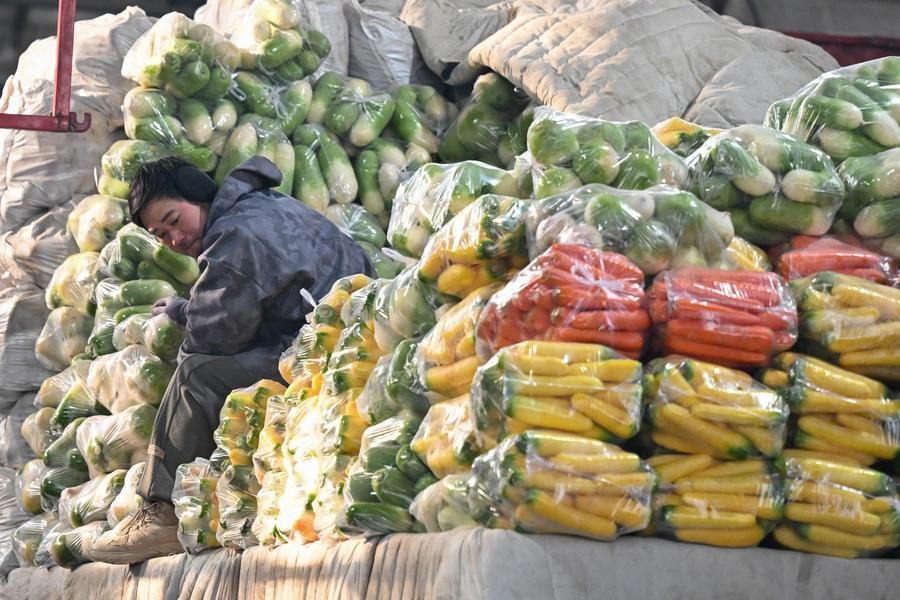Tightened epidemic controls applied to train travel


Tailored, stricter epidemic control protocols are being implemented on trains to prevent the spread of COVID-19 via the railway network amid a recent surge in cases, the national railway operator, China State Railway Group, said on Saturday.
The measures came after more than 30 passengers aboard a train from Lhasa, capital of the Tibet autonomous region, to Beijing on Aug 17 tested positive. The train, the Z22, made 10 stops during the 40-plus hour journey.
Services from Lhasa to Beijing have been suspended and adjusted to run between Lhasa and Xining, capital of Qinghai province, according to the local railway authority.
The group has suspended or reduced train services to areas that have been hit by the epidemic. In southern China's Hainan province, all railway services have been suspended, and few trains are running in Tibet or the Xinjiang Uygur autonomous region, where hundreds of cases have also been reported daily.
Passengers are able to apply for a full refund for tickets.
Travelers are required to remain in their compartments on regular speed trains that either depart from or else pass through areas experiencing outbreaks to reduce the movement of passengers through the carriages.
Epidemic control measures like testing body temperatures and examining health codes will continue, and passengers are required to remain masked throughout the journey. Contactless services and the disinfection of trains are being encouraged.
Passengers found to have had close contact with confirmed or suspected cases, are required to disembark at the next stop if possible, and their compartment will be locked down, with the train undergoing thorough disinfection upon arrival at its final destination.
The railway department will provide the travel information of passengers found to have connections to outbreaks after disembarking, to local governments for further investigation.
Staff aboard trains and at railway stations will be subject to closed-loop management.
Strict measures are to be carried out at border railway stations, with staff working for seven days, followed by seven days in quarantine and a few days off. Nucleic acid testing will be carried out on a daily basis. Since the beginning of this year, no infections have entered the country via railway border stations.
Railway workers have been asked to pay close attention to their health status and improve health inspections. Employees at railway stations and on trains are required to wear face masks, gloves and goggles while working. They are also discouraged from dining out in groups. In areas with outbreaks, some employees, such as train crew will be subject to closed-loop management.
Since last month, the national railway network has handled an average of 7.13 million passenger trips and 10.42 million metric tons of cargo every day and has helped transport 384 tons of epidemic materials.
- Senior Chinese official urges sustained crackdown on cross-border gambling
- Xi signs order to promulgate regulations on military theory work
- China achieves breakthrough in extracting lithium from salt lakes
- Shenzhen logs milestone in green shipping progress
- China's icy regions attract Southeast Asian tourists
- Century-old TCM pharmacy pivots to become fashionable wellness brand




































